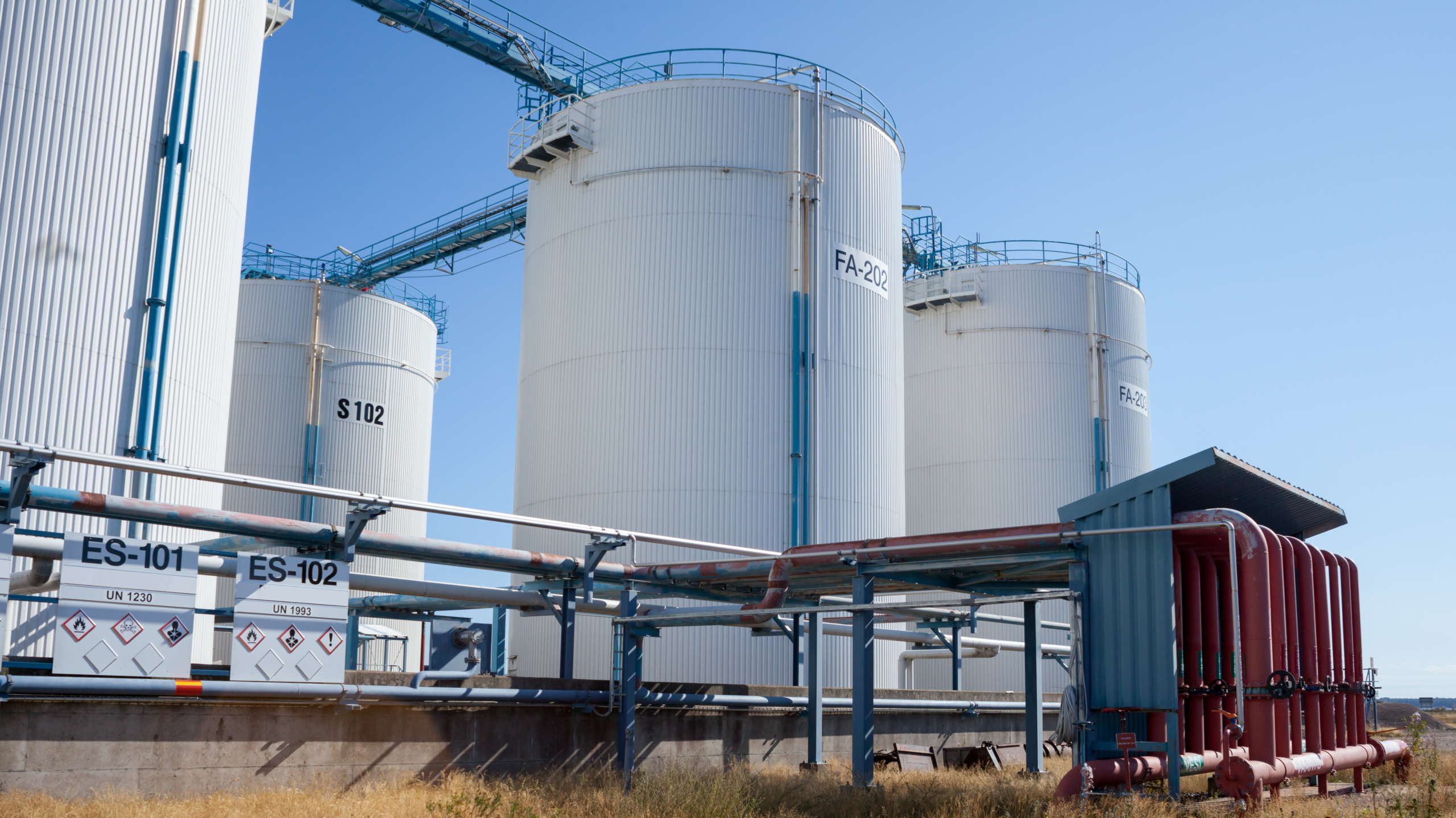Industrial efforts to measure methane emissions are expanding rapidly. At the end of 2023, at COP28, almost 50 oil and gas companies pledged to cut their unintentional methane emissions to “near zero” by 2030. Reducing emissions will require companies to increase emissions monitoring to detect methane emissions.
Companies’ growing interest in measurement is also reflected in the recent growth of the Oil and Gas Methane Partnership’s 2.0 (OGMP 2.0), that doubled its membership since the launch in 2020 to over 120 companies.
Giulia Ferrini, the OGMP 2.0 programme manager at the International Methane Emissions Observatory (IMEO), has been working for over ten years on climate issues in the UN Environment Programme (UNEP). IMEO was established by UNEP with support from the European Union.

Membership increases reliability and credibility of reported emissions
“We have asked several member companies what benefits they have seen in joining OGMP 2.0. Companies say that membership increases their credibility and reliability as methane emission reporters,” says Ferrini.
Once companies commit to reporting their methane emissions, Ferrini says, it makes sense for them to do so within the OGMP framework which is increasingly recognized as a global Monitoring Reporting and Verification (MRV) standard and a credible indicator of companies’ performance.
OGMP 2.0 membership helps companies prove to regulators, investors, the public and other stakeholders that they are responsible operators or are at least committed to striving for accurate results when measuring methane emissions. The OGMP also helps state-owned companies to prove to their governments that they support countries’ emissions reduction efforts under the Paris Agreement and the Global Methane Pledge.
Finally, by reporting according to the OGMP framework, companies improve their capacity to meet the emerging requirements for energy exporters to reduce the methane content of their products.
Forum for exchanging information and experience among members
“In the OGMP, companies also want to exchange experiences with each other and catch up on the knowledge already generated on how to measure methane emissions,” says Ferrini.
The OGMP is now a partnership of over 120 organisations and membership is still growing.
“Joining the OGMP provides access to a huge pool of experts from a wide range of companies who are putting methane emission measurements into practice. In addition to our annual in person meeting, we organise regular technical workshops where experts from companies at different stages in their methane journey exchange knowledge and experience to accelerate the industry’s collective progress. This is a unique benefit that companies can gain as members of the OGMP.”
In the three years OGMP 2.0 has been in operation, it has accumulated expertise in carrying out measurements in the community.
“We have learned that increasingly detailed and high-quality data is critical to reducing methane emissions. At the same time, we have seen in practice that there is no one, single, correct method for measuring emissions that works best for everyone. The way measurements are made depends very much on the technology used, the purpose for which it is used and the type of operations being measured.”
According to Ferrini, the OGMP does not tell its members which measurement technologies and methods to use but rather provides a forum where members can share their experiences with using different technologies in different circumstances.
There is a lot to learn as there are already many measurement technologies available and they are constantly evolving.
“It’s a continuous learning process,” says Ferrini.
Members are learning, and it is paying off.
“Member companies have found significant methane emissions that they didn’t know about.”
OGMP operates on different continents
As members of the OGMP 2.0, different communities also have access to emerging practices. The OGMP does not itself regulate; it is an organisation based on the voluntary participation of its members. In practice, however, it serves as a basis for legislation For example, the European Union’s recent methane regulation in many respects follows practices agreed upon within the OGMP 2.0.
Moreover, the OGMP’s impact is not limited to Europe.
“We are constantly working with the American certification organisation MiQ, for example. The technical teams of OGMP 2.0 and MiQ meet on an ongoing basis to discuss details that come up in the field. We also work with organisations such as the Methane Leadership Programme in Asia,” Ferrini says.
Data directly from satellites
Another clear advantage of OGMP membership, according to Ferrini, is receiving direct information on potential large methane emissions, which are identified by the Methane Alert and Response System (MARS) established by IMEO MARS first reports detected emissions to the authorities on whose territory the emissions are occurring, and it is then the authorities’ responsibility to report those emissions to the companies whose infrastructure is responsible for them. However, if a company is an OGMP member, it does not have to wait for the authorities to notify it; it receives direct information from MARS at the same time as the government. Membership allows companies to stop emissions more quickly than non-members can.
Ferrini points out that methane is only one of the gases that cause the greenhouse effect and UNEP’s primary objective is decarbonisation. Achieving that objective requires more than just measuring methane emissions, but reducing methane emissions is often a particularly cost-effective step towards decarbonisation.
“Reducing methane emissions is not just about protecting the climate, it also has benefits for energy, safety and the economy. Methane emissions are a waste of a useful resource,” says Ferrini.
Read more how we can help the Oil and Gas industry in the reduction of methane emissions!
